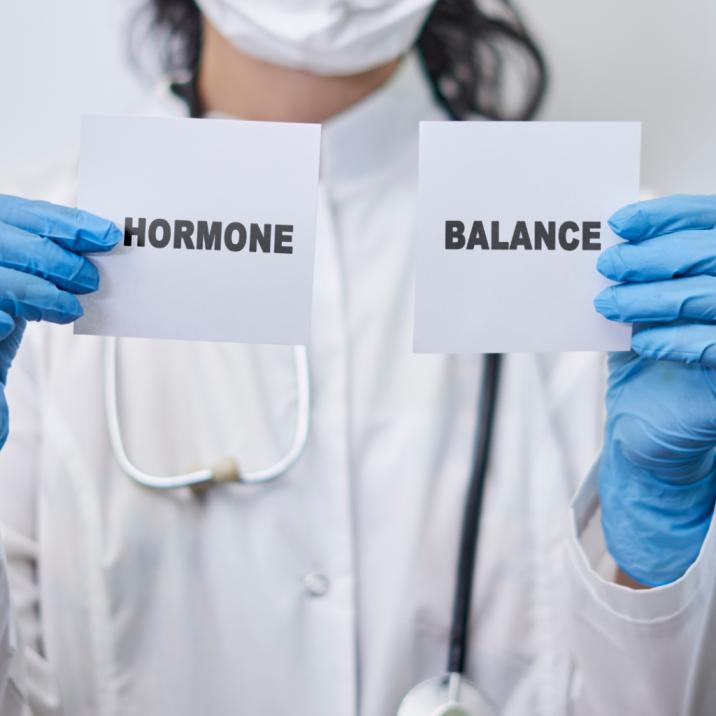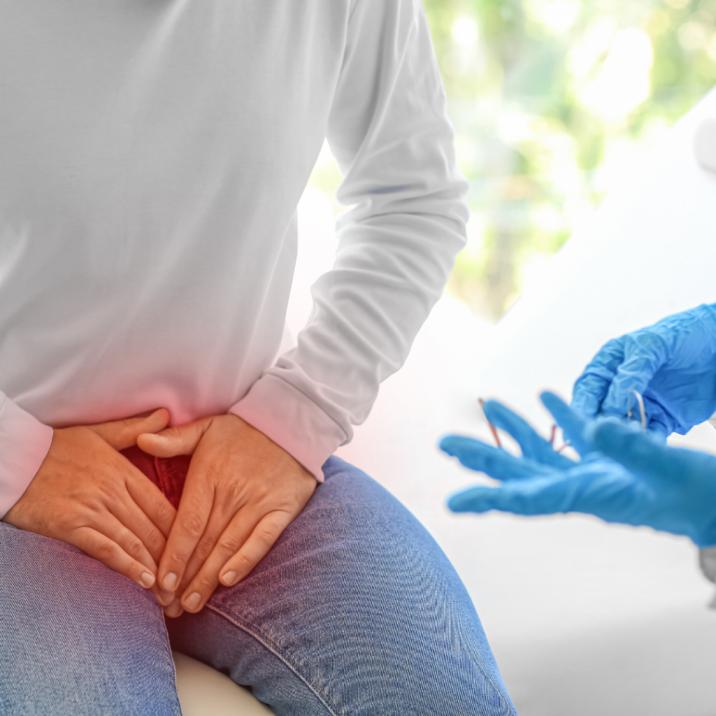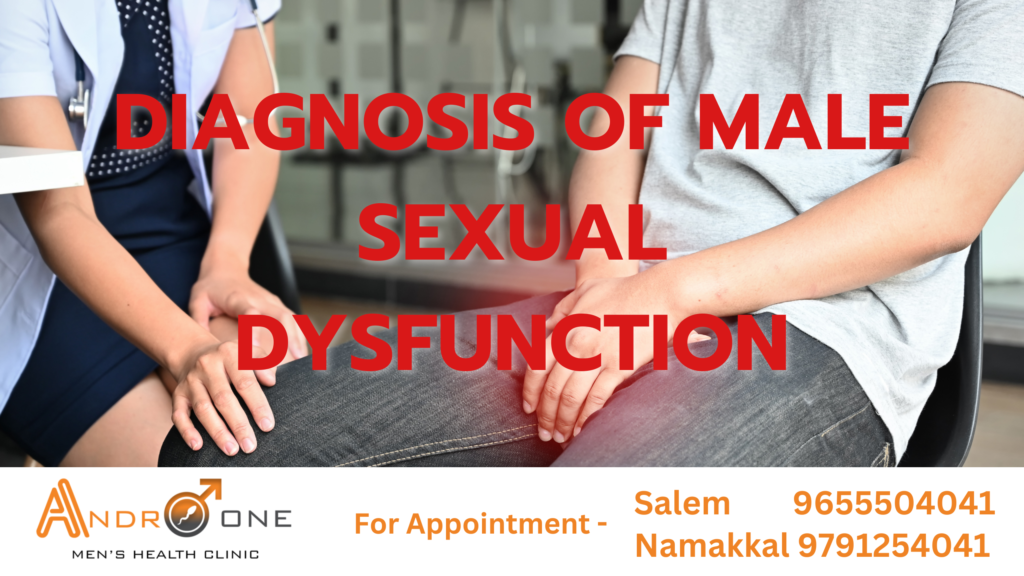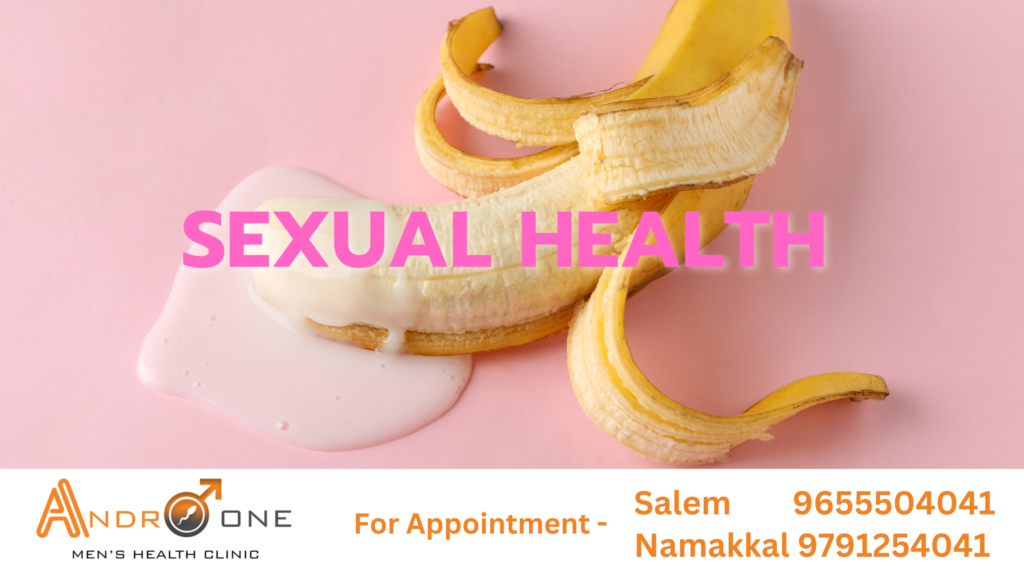Understanding Male Hormone Imbalance: Causes, Symptoms, and Solutions
Importance of understanding and addressing hormone imbalances Understanding and fixing male hormone imbalances is key to staying healthy. Hormones like testosterone affect your mood, energy, and health. When they’re out of balance, you might feel tired, have mood swings, lose muscle, or have low libido. Finding these issues early and seeing a doctor can help you manage them. Treatments like lifestyle changes or medication can balance your hormones and make life better. Fixing hormone imbalances improves both your physical health and mood, leading to a happier, more satisfying life. What Is Male Hormone Imbalance? Male hormone imbalance occurs when levels of hormones like testosterone are too high or too low.This can affect your mood, energy, and health. You might feel tired, have mood swings, lose muscle, have low libido, or have trouble focusing. Causes can include aging, stress, poor diet, or health issues. Finding and treating these problems early helps manage symptoms and improve your life. Treatments may include changing your lifestyle, hormone therapy, or medication to balance hormones and support overall health. Key Hormones Affected Key hormones affected by imbalances include testosterone, estrogen, and cortisol. Testosterone is important for mood, energy, and muscle mass. Low levels can cause tiredness and low libido. Estrogen affects mood and bone health; imbalances can lead to mood swings and bone loss. Cortisol, the stress hormone, affects your energy and stress levels. High cortisol can lead to weight gain and anxiety. It’s important to keep hormones balanced for good health. Fixing imbalances through lifestyle changes, medication, or therapy can greatly improve your well-being and quality of life. Causes of Male Hormone Imbalance Male hormone imbalances can be caused by several things. As men age, hormone levels naturally drop. Stress can mess up hormone production. Poor diet and lack of exercise can also affect hormones. Health issues like diabetes, obesity, or thyroid problems can lead to hormonal imbalances. Some medications and treatments may disrupt hormone balance. Lifestyle factors, such as not getting enough sleep or drinking too much alcohol, can also contribute. Finding and fixing these causes is key to managing and correcting hormone imbalances. Lifestyle Factors Lifestyle factors greatly affect male hormone imbalances. Eating a diet full of processed foods and lacking nutrients can hurt hormone levels. Not exercising can lead to weight gain and disrupt hormones. High stress and not enough sleep also affect hormones. Drinking too much alcohol can upset hormones and harm your health. Smoking and drug use can make hormone problems worse. To keep hormones healthy, eat well, stay active, manage stress, get enough sleep, and avoid harmful substances. These changes can help prevent and fix hormone imbalances. Environmental Influences Environmental factors can affect hormone balance. Pollutants and chemicals in the air, water, and food can disrupt hormones. For example, chemicals in plastics, like BPA, can mess with hormone levels. High noise and pollution can affect stress hormones like cortisol. Bad living conditions and harmful substances also hurt health and hormones. To keep hormones healthy, avoid toxins, improve living conditions, and use products without harmful chemicals. These steps help maintain better hormonal health. Symptoms of Male Hormone Imbalance Symptoms of male hormone imbalance include feeling tired, having mood swings, and being irritable. Low testosterone can lead to less muscle, low libido, and difficulty concentrating. Men might also gain belly weight and have weaker bones. Other signs are sleep problems like insomnia, low energy, and mood changes such as anxiety or depression. If you have these symptoms, see a doctor to find and treat the hormonal issues for better health. Physical Symptoms Physical symptoms of male hormone imbalance include feeling tired, losing muscle, and gaining weight around the belly. Low testosterone can lead to a lower sex drive, problems with erections, and weaker bones. Men might also have trouble sleeping, low energy, and more body fat. Other signs are thinning skin, hair loss, and less strength. These changes can affect health and quality of life. If you notice these symptoms, see a doctor to diagnose and treat the hormone imbalance for better health and well-being. Emotional and Mental Symptoms Emotional and mental symptoms of male hormone imbalance can include mood swings, irritability, and feelings of sadness or depression. Men might feel anxious, lose motivation, and have trouble concentrating. Low testosterone can lead to a lack of interest in activities, lower self-esteem, and feelings of frustration or helplessness. These mood changes can affect relationships and overall well-being. If you experience these symptoms, it’s important to see a doctor to find and treat the hormone imbalance and improve mental and emotional health. Long-Term Health Implications Long-term male hormone imbalances can cause serious health problems. Low testosterone can lead to weaker bones, raising the risk of fractures and osteoporosis. It can also increase the chances of heart issues like high blood pressure and heart disease. Ongoing fatigue and low energy can affect your fitness and quality of life. Mood swings and mental health issues can impact relationships and work. It’s important to address hormone imbalances early to avoid these problems and improve well-being. Regular check-ups and proper treatment are key to managing hormone levels and staying healthy.










